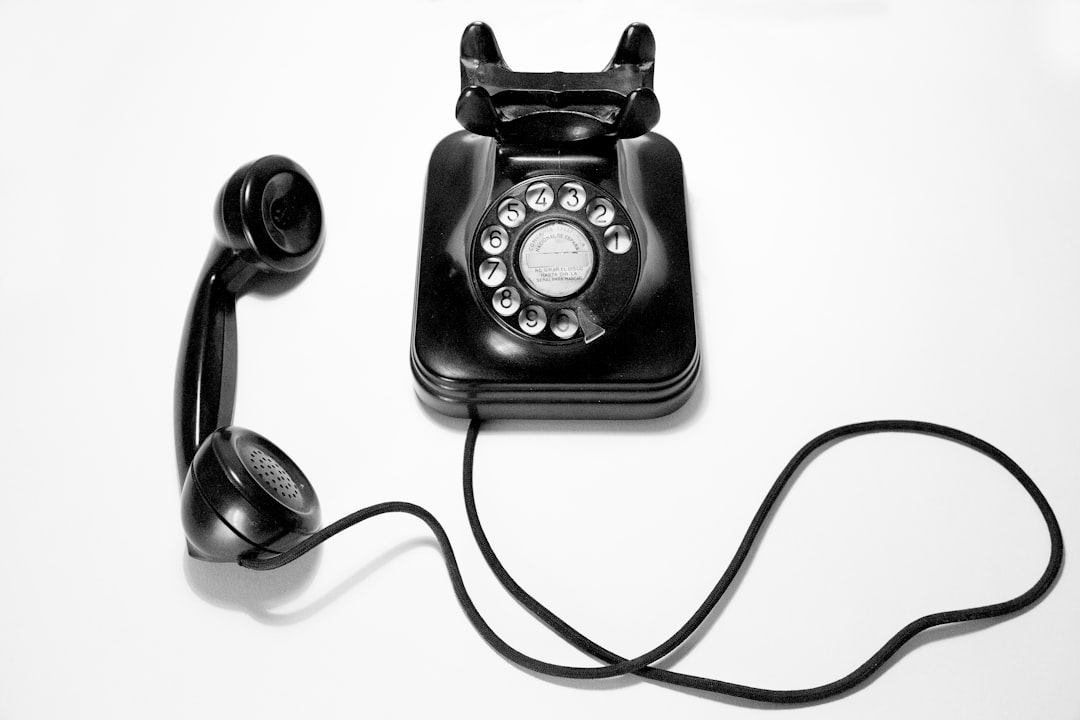Telemarketing scams in Minnesota target consumers with impersonation and high-pressure tactics. Protect yourself by recognizing suspicious calls, verifying official claims, registering for the Do Not Call List, and consulting a Do Not Call Lawyer Minnesota. Never disclose personal info unless you initiate the call and report suspected scams to authorities.
In the digital age, telemarketing scams have evolved, posing significant risks to consumers. This article equips Minnesotans with the knowledge to navigate these treacherous waters. We explore common schemes, from false investment opportunities to imposter charities, highlighting the tactics used by scammers. Understanding your rights under Minnesota law is key; we break down consumer protections available to you. Learn to spot red flags and empower yourself with practical steps to avoid and report scams, ensuring a safer online experience with the help of local Do Not Call Lawyer Minnesota resources.
Understanding Telemarketing Scams: Common Schemes and Tactics

Telemarketing scams are a prevalent and insidious form of fraud where scammers attempt to trick individuals into providing personal or financial information over the phone. Understanding these schemes is the first step in protecting yourself. Common tactics include impersonating government agencies, banks, or reputable companies, often claiming there’s an issue with your account that requires immediate attention. Scammers may also use high-pressure sales techniques, offering limited-time deals or threatening consequences if you don’t act quickly.
In Minnesota, where the Do Not Call Lawyer is a well-known resource for consumers, it’s crucial to be vigilant. Scammers often target areas with active consumer protection laws by calling from unknown numbers or using automated dialers. They might ask for sensitive data, like social security numbers or banking details, promising rewards or avoiding potential fines. Recognizing these common schemes empowers individuals to hang up and verify any suspicious calls through official channels, ensuring their personal information remains secure.
Rights and Protections: What Consumers Should Know in Minnesota

In Minnesota, consumers have robust rights and protections against telemarketing scams thanks to laws like the Telephone Consumer Protection Act (TCPA). One key aspect is the ability to register for the Do Not Call List. This list prohibits most telemarketers from calling residential phone numbers, offering a significant layer of protection. Consumers can easily sign up online or by phone through the Minnesota Attorney General’s Office.
Additionally, Minnesota law gives consumers the right to seek legal action against violators. If you’ve been targeted by suspicious calls or feel scammed, consulting with a Do Not Call Lawyer Minnesota can provide guidance and potential recourse. These attorneys specialize in protecting consumer rights, helping them navigate legal options against telemarketers who ignore established rules, ensuring peace of mind in a increasingly digital age.
Spotting Red Flags: Recognizing Suspicious Calls and Messages

Recognizing suspicious calls and messages is an essential step in protecting yourself from telemarketing scams. Pay close attention to any call or message that demands immediate action, uses threatening language, or offers something too good to be true. Scammers often pose as government officials, bank representatives, or even your own family members to gain trust and pressure you into making hasty decisions.
If you receive a call from an unknown number or a pre-recorded message, it could be a scammer. Be wary of calls claiming to be from official organizations, like the Do Not Call Lawyer Minnesota, demanding immediate payment or personal information. Legitimate businesses typically follow established protocols and won’t pressure you on the phone. Always verify such claims by contacting the organization directly through official channels.
Protecting Yourself: Practical Steps to Avoid and Report Scams

Protecting yourself from telemarketing scams involves taking proactive steps and staying vigilant. One crucial measure is to register for the National “Do Not Call” Registry, which can significantly reduce unwanted calls. In Minnesota, individuals can also seek assistance from a Do Not Call Lawyer, who specializes in navigating these legal protections. By understanding your rights and utilizing available resources, you can deter scammers.
Additionally, educating yourself about common scam tactics is essential. Stay alert for urgent requests, unexpected offers, or demands for personal information. Never provide sensitive data over the phone unless you initiate the call and are certain of the recipient’s legitimacy. Reporting suspected scams to relevant authorities, such as the Federal Trade Commission (FTC) or local law enforcement, is equally vital to help curb fraudulent activities.






